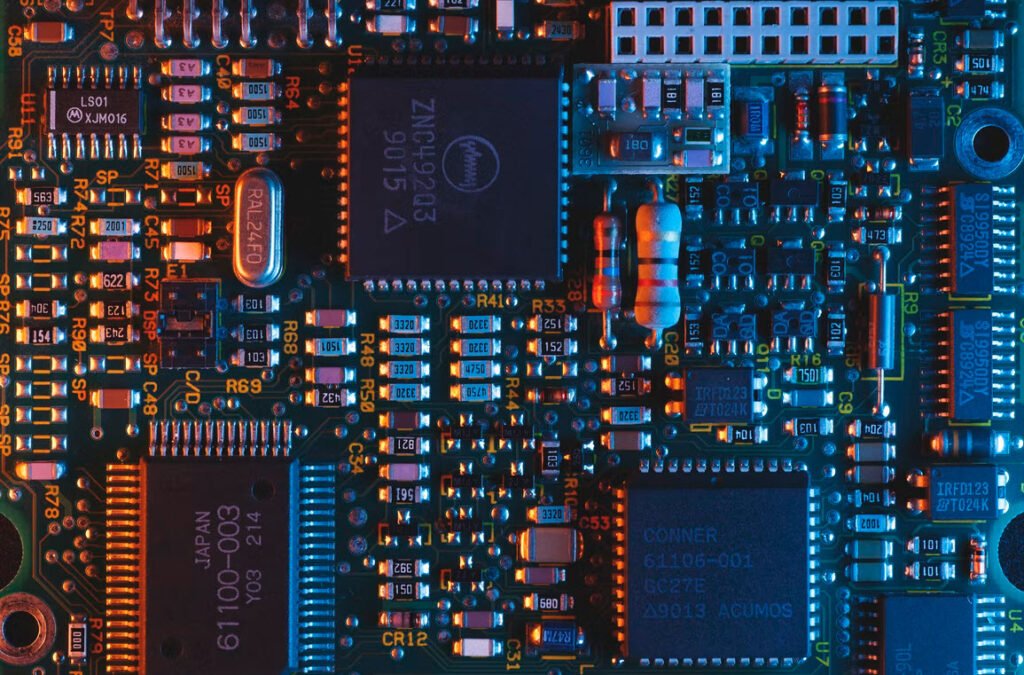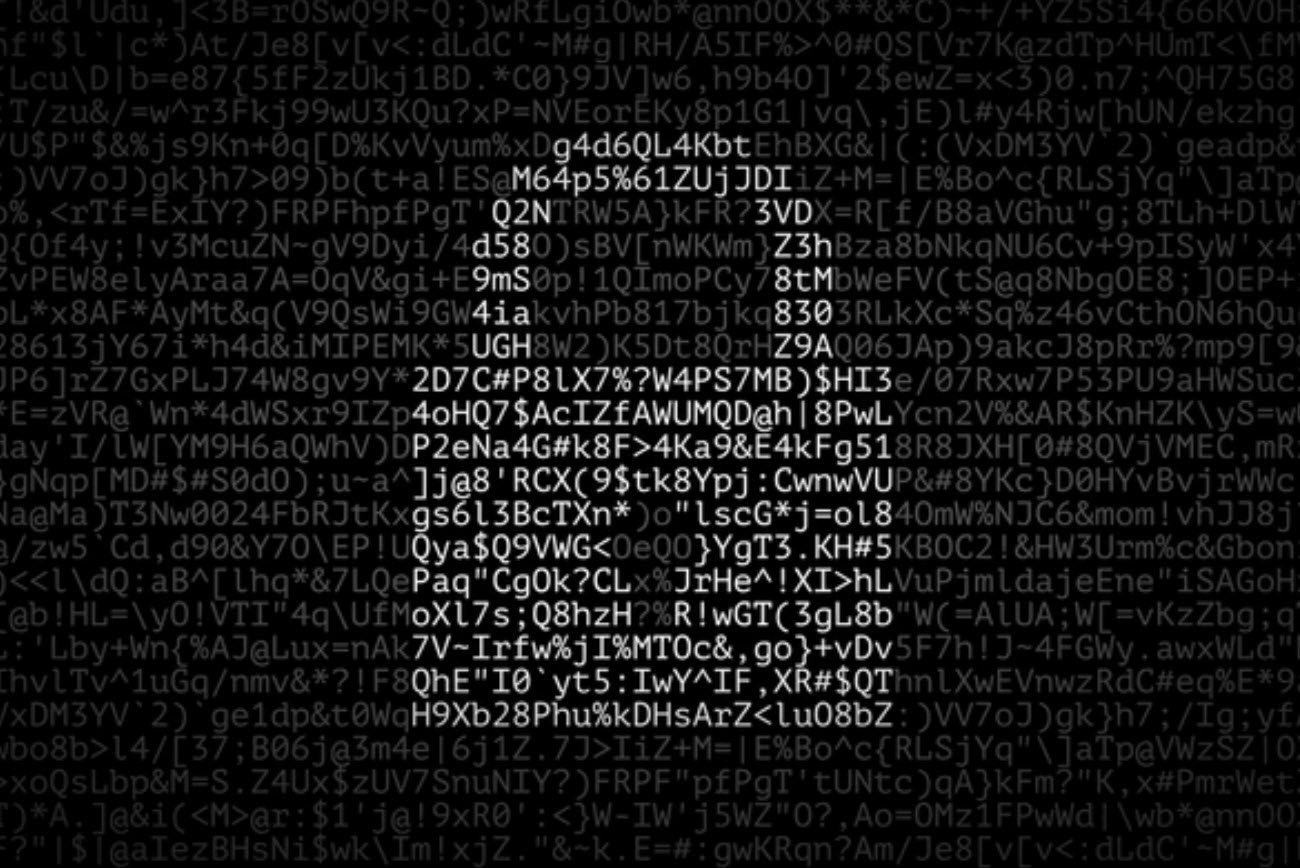
The word Electronics is originated from the word electron which is a branch of science dealing with theory and use of devices in which the electrons travel through a vacuum, gas or a semiconductor medium. Electronics is that field of science which deals with the motion of electrons under the influence of applied electric and/or magnetic field.
Electronics can be classified into two branches: Physical Electronics and Electronics Engineering. Physical electronics deals with the motion of electronics in a vacuum, gas or semiconductor. Whereas, electronics engineering deals with the design, fabrication and application of electronic devices.
Also Read:
- General Science 500+ Questions With Answers
- 100+ Science Quiz For Kids of Classes 1 to 10
- 85 Mostly Asked Environmental Science Interview Questions
- [Science] Chemistry Multiple Choice Questions with Answers
- Words Pertaining To Science and Arts
Alternatively we can define Electronics as the science of how to control the electric energy, energy in which the electrons have a fundamental role. Electronics deals with electrical circuits that involve active electrical components such as vacuum tubes, transistors, diodes, integrated circuits, and associated passive electrical components and interconnection technologies.
Commonly, electronic devices contain circuitry consisting primarily or exclusively of active semiconductors supplemented with passive elements; such a circuit is described as an electronic circuit.
- Define Atoms.
- Define Transistors.
- Define ICs.
- Define Electron.
- What are the elements of Atoms?
- What is Atomic Energy Level?
- Explain about Field Intensity.
- What is Potential Energy?
- What do you mean about Electric Field?
- What is Bohr’s Atomic Model? Write the mathematical expression with your answer.
- What do you mean about Current and Current Density?
- What is Magnetic Field? Explain motion of charged particles in Electric Field.
- What are the applications of Cathode Ray Oscilloscope?
- Explain with block diagram Cathode Ray Oscilloscope.
- Define current.
- Define voltage.
- Define work, energy and power.
- One coulomb of charge is equal to.
- What are the effect of temperature on conductivity on a material?
- How can you relate voltage and current in physical terms? Explain.
- What are the different parameters at which resistance in a conductor depends?
- What is unit of current, voltage, resistance, capacitance, inductance, energy, work & power?
- A wire is carrying current. Is it charged?
- What is ohm’s law?Write the mathematical expression to justify your answer? Draw its V-I Characteristics.
- What is voltage and current sources?How will you convert it from one another?
- What are cells and batteries? Explain their types.
- Why do conductors have positive temperature co- efficient of resistance?
- Whydoes a positive charge attracts a negative charge?
- What are the two common semiconductors which are mostly used in electronics?
- When a pure semiconductor is heated its resistivity increases, decreases or remains constant?
- The leakage current is least in?
- The process of adding impurities in an intrinsic semiconductor is called?
- What is forward and reverse biasing?
- What is intrinsic and extrinsic semiconductor?
- Define Energy band structure of Insulators, Metals and Semiconductors.
- What is Photo-electric emission?
- Define Drift current.
- Effects of temperature on Conductivity of semiconductor.
- WhyZener diode connected reverse across the supply?
- Whydo we use transformer in a rectifier circuit?
- Explain full wave and half wave rectifier with their types.
- Give the brief introduction of Filters, Clippers, Clampers.
- The output impedance of a transistor is _____________.
- The phase difference between input and output voltage of a transistor connected in common emitter arrangement is _____________.
- As the temperature of a transistor goes up, the base emitter resistance _____________.
- What are the three common transistor connections?
- The most commonly used transistor connection is _____________.
- If emitter current is in a transistor is 2mA, then the collector will be nearly __________.
- CC configuration is generally used for _____________.
- The silicon transistor is generally used than germanium transistor because ___________.
- The transistor is said to be in quiescent state when _____________.
- Draw the circuit symbol for an NPN transistor and indicate the reference polarities for the voltage and the reference direction for the three currents.
- Repeat the above for PNP transistor.
- Why is an ordinary junction transistor called bipolar transistor?
- Draw the output characteristics of a transistor in CE configuration and label all the parameters.
- A properly connected transistor can do amplification. Is transistor a source of energy.
- Define amplification and amplifier.
- In which region transistor should be biased so that it works as an amplifier.
- Draw the circuit diagram of a single and multistage amplifier.
- For a three stage transistor amplifier if total gain is 1000 and each stage has the same gain then what is the gain of individual stage? If input signal is 1 mv then what will be the final output of this three stage amplifier?
- Write down various characteristics of an amplifier.
- Define feedback with block diagram. Explain positive and negative feedback.
- What do you understand by an oscillator? Explain damped and undamped oscillations with the help of suitable diagrams.
- What do you mean by multivibrator? What are the basic types of mutivibrators.
- Enumerate various applications of a multivibrator.
- Write symbol of :
i) SCR
ii) TRIAC
iii) DIAC
iv) LASCR - Write short note on:
(i) SCR
(ii) TRIAC
(iii) DIAC
- Code/Decode – Practice Test Questions With Answers
- Common Interview Questions and How to Tackle Them
- Mastering 25 Common Job Interview Questions
- Biology MCQ Quiz Questions with Answers
- [Human Physiology] Gastro-Intestinal Tract – MCQ Questions with Answers
- [Human Physiology] Respiratory System – MCQ Questions with Answers
- [Human Physiology] Cardiovascular System – MCQ Questions with Answers
- [Human Physiology] Nerve and Muscle – MCQ Questions with Answers
- [Human Physiology] Blood – MCQ Questions with Answers
- [Human Physiology] General Physiology – MCQ Questions with Answers








